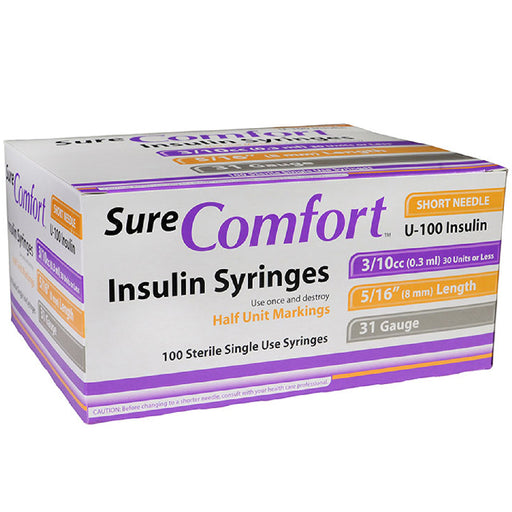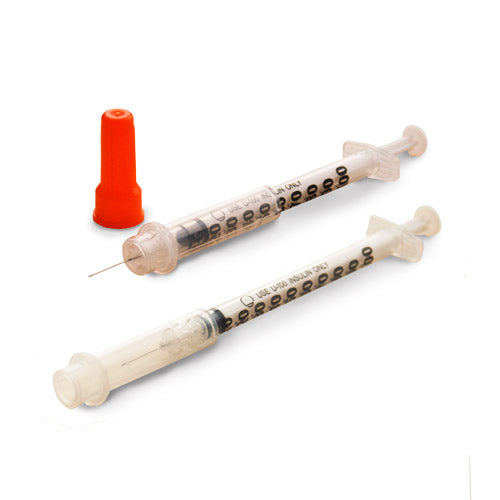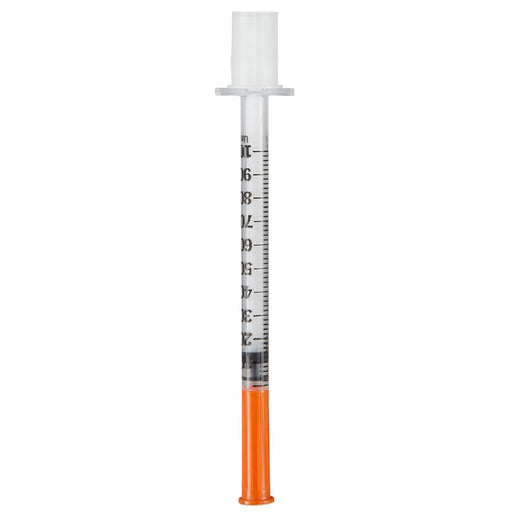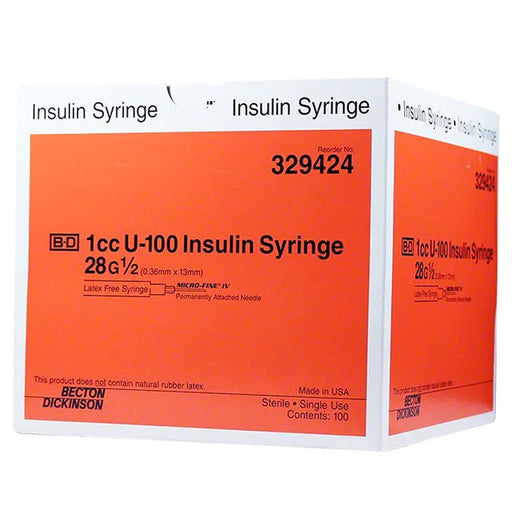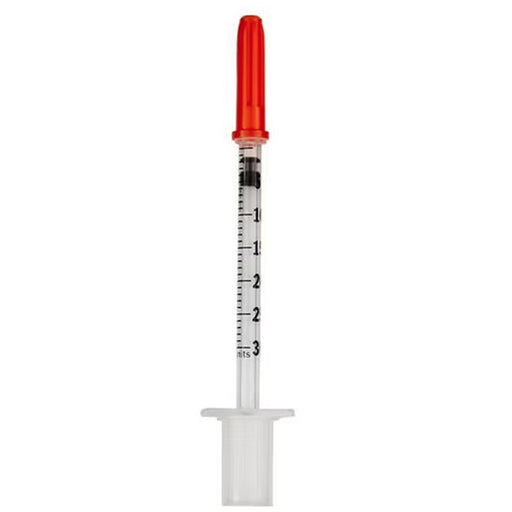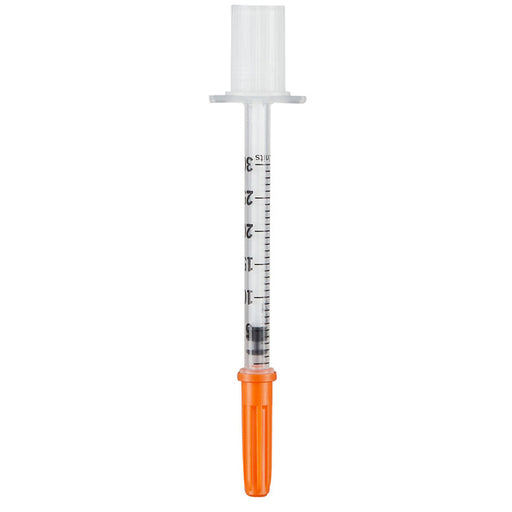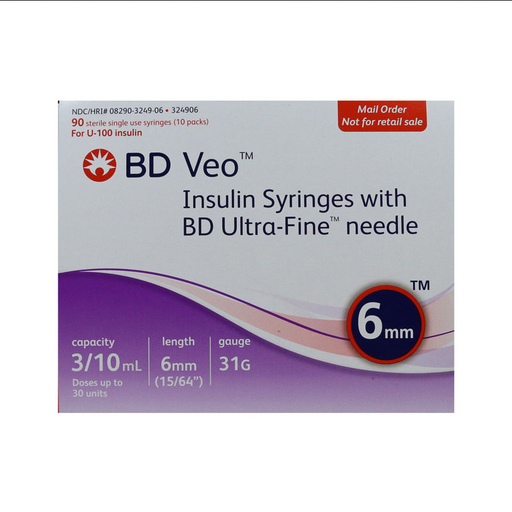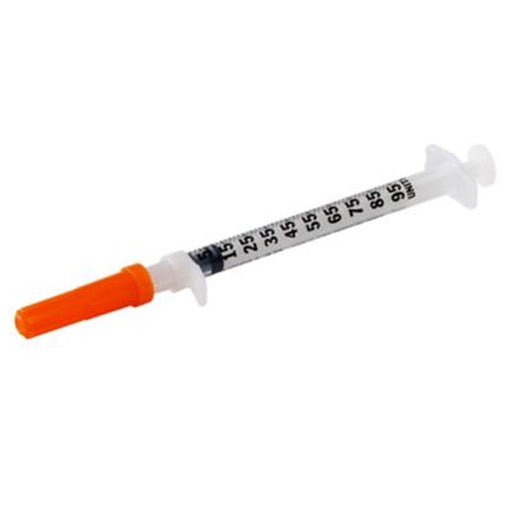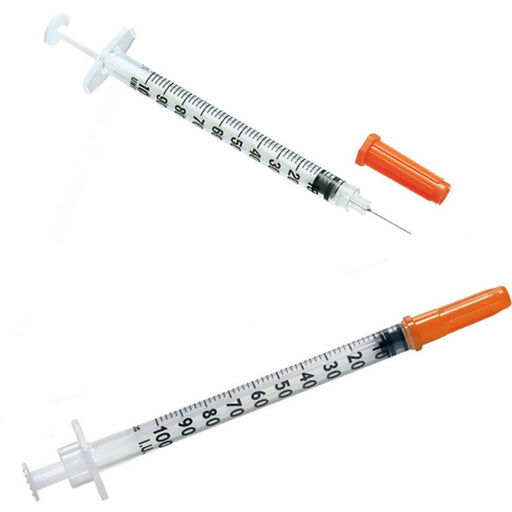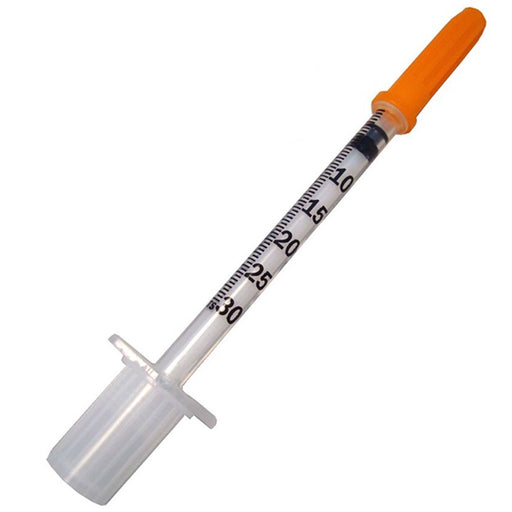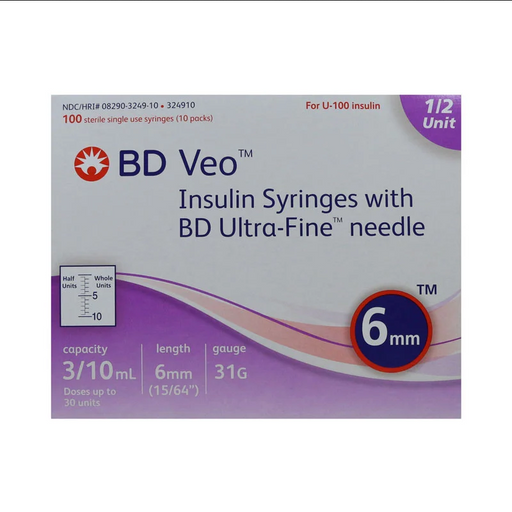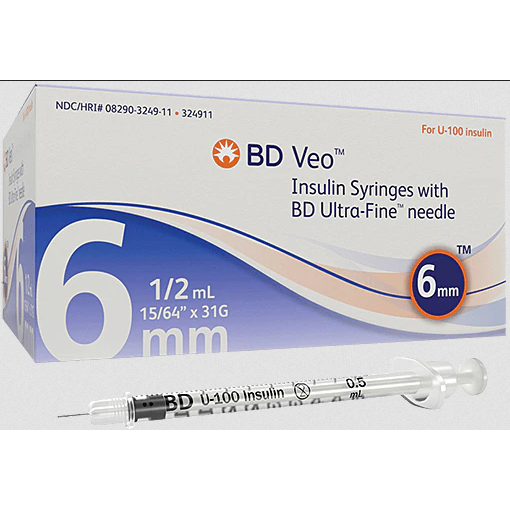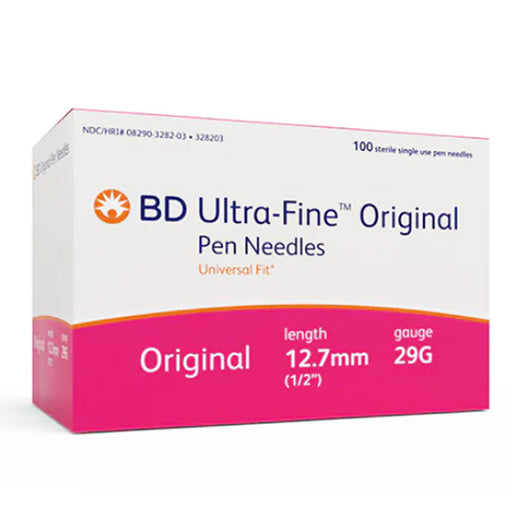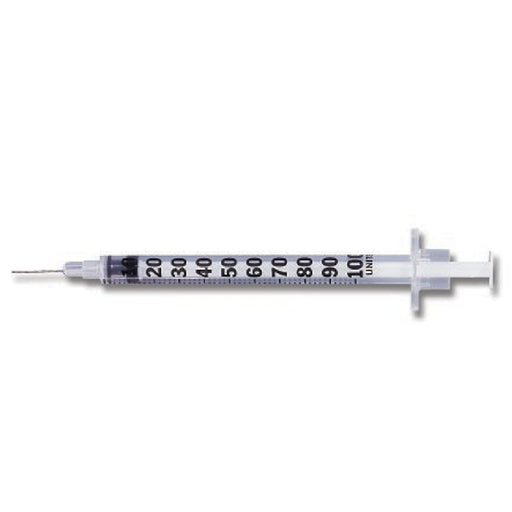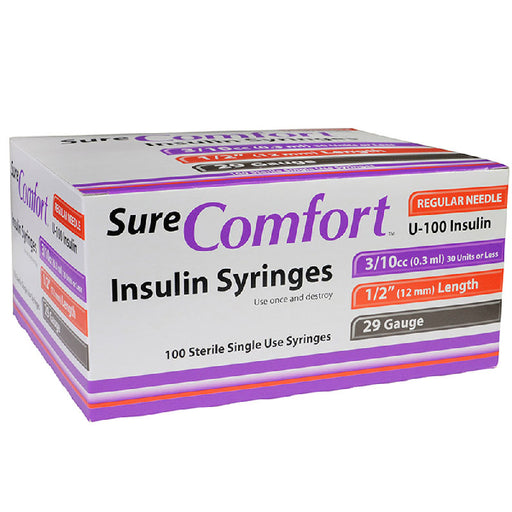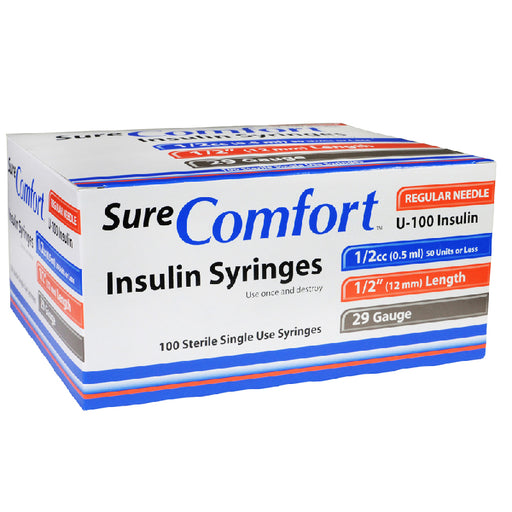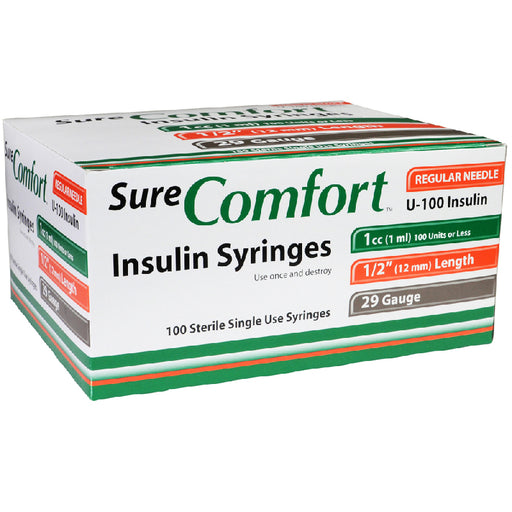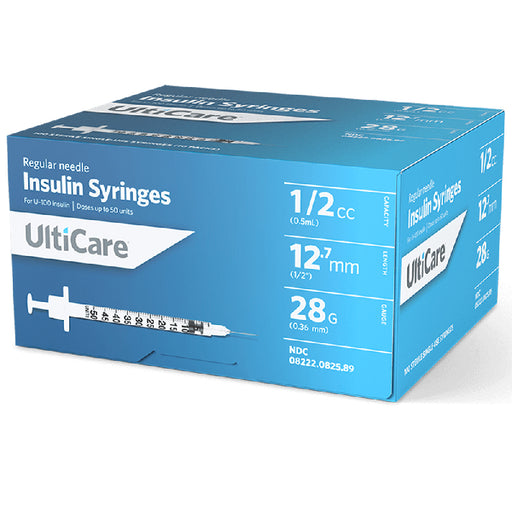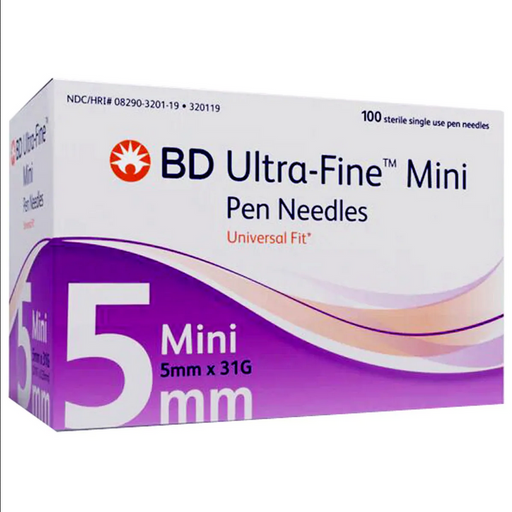The #1 Recommended Insulin Syringe for Blood Sugar Control, Accurate Dosing, and Comfort – Trusted by Diabetics and Healthcare Professionals Nationwide
Take Charge of Diabetes Care With the Best Insulin Syringes
Managing diabetes safely and effectively is easier than ever with premium Insulin Syringes, engineered for accuracy, comfort, and minimal pain. Designed for both Type 1 and Type 2 diabetes, these single-use sterile syringes ensure precise insulin dosing, empowering you to keep your blood glucose levels in the healthy range and reduce the risk of complications.
Order Insulin Syringes Online Today – Fast & Discreet Shipping!
Empower your diabetes care with the safest, most trusted insulin syringes on the market. Maintain healthy blood sugar levels, ensure accurate insulin dosing, and protect your long-term health with every injection.



